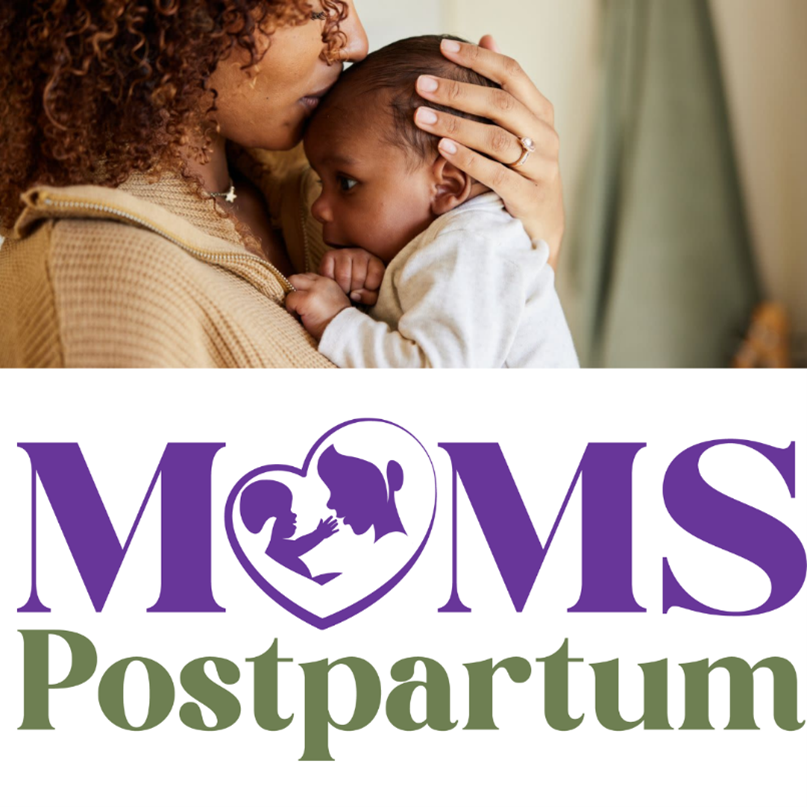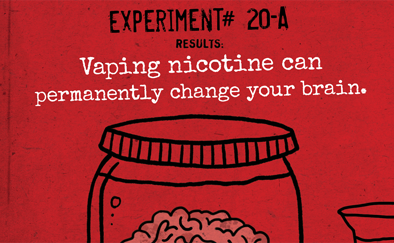KDHRC received funding from the National Institutes of Health to develop and evaluate the Intervention to Help Orient Men to Excel (IN-HOME) program. When complete, IN-HOME will have two components: 1) a professional development course that prepares community health workers (CHWs) to support male informal caregivers of older adults 65+; and 2) an app that facilitates near-instant, private communication between male caregivers and CHWs to share support, resources for their care recipient, and self-care strategies to improve outcomes.
The Challenge
The number of informal caregivers, defined as family members who provide care for aging family members or friends, has increased over time as the “baby boomer generation” ages in place. Informal caregivers face physical, emotional, and financial stress due to caregiving responsibilities like cooking, transportation, bathing, and medication adherence – often all while working and caring for their own children. Caregiving stresses are unevenly distributed across racial and ethnic groups, with many population groups experiencing higher burden, fewer tailored resources, and worse outcomes. At the same time, 40 percent of informal caregivers are men, but supportive resources are most often designed for, and portray only, women. Thus, male caregivers are a population in need of specific support strategies.
Our Approach
CHWs are frontline health workers who educate, support, and provide resources to the members of the community they serve. CHWs are ideally positioned to educate and support caregivers because they are trusted members of the community, are familiar with their communities’ needs and resources, understand lived and cultural experiences, and institute positive change at the organizational and individual levels.
Thus, training CHWs to conduct high-impact outreach to this vulnerable population with tailored information and resources is an ideal, evidence-based approach to affect community-level change. A series of expert panel meetings, which brought together health professionals, CHWs, caregiver researchers, and male caregivers themselves, explored the unique needs of disproportionately impacted male caregivers. The expert panel meetings illuminated four key points that guided course development:
- Male caregivers are often less likely to ask for help or to let others know they are struggling
- Male caregivers are more likely to work full time and may not have time or energy between work and caregiving or for personal care tasks
- Male caregivers are a group which may require creative approaches to gain trust and develop rapport
- It is important to develop easy and private ways for male caregivers to request information and seek additional support.
From there, KDHRC developed the CHW training course, including narrative videos, text, and quizzes. The course featured three lessons including an introduction, how caregivers can support older adults, and how to identify and overcome barriers. The topics covered in these lessons included the types of support older adults may need, financial and technological challenges they may face, barriers experienced by disproportionately impacted communities, and stress management strategies for caregivers.
Findings
A pilot evaluation used a two-group, pretest/posttest evaluation design to explore the extent to which exposure to IN-HOME increased CHWs’ knowledge, skills, and self-efficacy about the importance of caregiving and accessing caregiving resources; managing caregivers and their family member’s health and financial needs; and navigating the health care system. Our evaluation partners with nationwide CHW networks recruited CHWs to participate in the evaluation. After exposure to IN-HOME, the treatment group had significantly higher scores for knowledge (p<0.001), self-efficacy (p<0.01), and core competencies/skills (p<0.001). Treatment group participants had an average satisfaction rating of 8.9 out of 10. Preliminary findings indicate that the IN-HOME professional development course is effective in preparing CHWs to support male informal caregivers.
Next Steps
KDHRC is expanding the IN-HOME course and developing an app which will allow for communication and private information sharing between CHWS and caregivers, which will build trust and overcome caregivers’ hesitance to ask for support. KDHRC will conduct a randomized-controlled trial of the entire IN-HOME program to explore how systematic CHW training and outreach can impact community-level caregiver outcomes.





